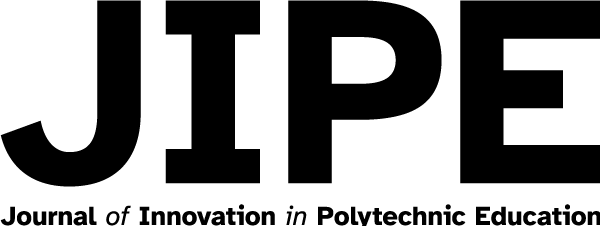Read editorials and articles that we’ve submitted to national and regional media outlets across Canada. These feature a few of the ways Canadian polytechnics are contributing on topics of national interest.
Applied research should be at the forefront of innovation strategy
Successive governments have struggled to address Canada’s weak innovation performance. To solve our most pressing challenges — climate change, an aging population and inequality among them — new solutions are critical.
One thing is clear: Canada’s innovation shortcomings will not improve until its small- and mid-sized businesses are active contributors. Applied research is built to enable these contributions.
Read More > “Applied research should be at the forefront of innovation strategy”



